Netflix Password-Sharing Crackdown and How to Get Around It
4 min. read
Updated on
Read our disclosure page to find out how can you help VPNCentral sustain the editorial team Read more
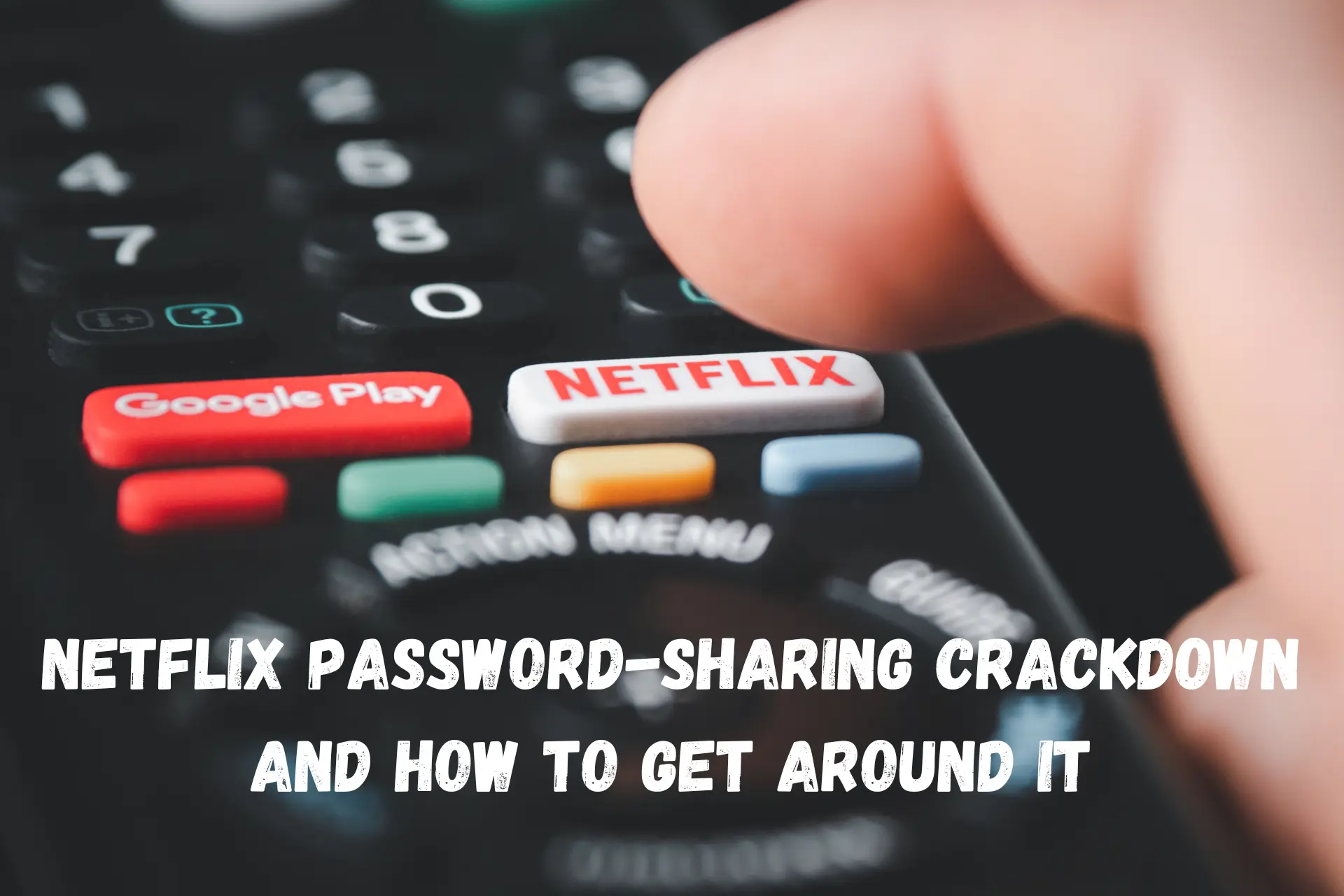
Netflix has finally started opening the curtain on how it plans to put an end to password-sharing. An update in its help center gave users an idea of what they can expect once the new strategy rolls out.
A few years ago, Netflix encouraged users to share passwords. However, the company now believes that over 100 million users are enjoying its content essentially for free.
This has started to impact Netflix’s revenue, costing it $6 billion per year.
The search for the most effective solutions against this practice has been taking place for a while. Now, the streaming giant finally has a plan in place.
Netflix password-sharing rules
In short, Netflix’s new rules are all about tackling households, not users. According to its new policy, A Netflix account is for people who live together in a single household, not for anyone else.
→ The company will check whether a user is streaming content inside of their household or outside of it. To do that, it will track IP addresses, device IDs, and account activity.
So, if you’re an account owner or live in the same household as one, you’ll be able to access Netflix. Anyone trying to log into the account outside of that household, won’t be able to do so.
When logging in from a new device, users will receive a code via email or phone and have 15 minutes to verify it.
The new strategy isn’t something frequent travelers will like. Luckily, Netflix has a solution for them as well.
→ If you’re on a vacation and you want to watch the new episode of your favorite show from the hotel room, you’ll still be able to do it.
However, you’ll first have to verify the device with a temporary code that unlocks the service for seven days.
Anyone living with you will still have access to Netflix as long as they log into the account at its primary location every 31 days.
This rule creates some space for subscription dodgers to operate in, but the streaming service may eventually create a solution for it as well.
→ Netflix will also give users an option to add people outside of their household to the account. If you plan to do this, you’ll have to pay a Netflix password-sharing fee which has not been revealed yet.
This feature has already been on trial in Chile, Costa Rica, and Peru since March 2022. The price for additional users is set at $2.99.
Additionally, Netflix already offers a cheaper ad-supported tier that can be a solution for those affected by the new rules.
When does Netflix password sharing end?
Netflix didn’t release an official timeline for when the new policies will roll out. So far, the company has only said that it plans to implement its paid-sharing system more broadly before the end of March.
As for other changes, there are no exact or broad timelines just yet. Users should keep an eye out for more details from the streaming service in the next few months.
Netflix described 2022 as a tough year in a shareholder letter. This makes it likely that the streaming service will look to introduce these changes sooner rather than later.
At the time of writing this post, you can still ping your friend, ask them for their password, and stream whatever you like from the Netflix catalog.
How to get around Netflix password sharing?
With the new rules targeting households rather than accounts, Netflix password-sharing with a VPN will still be effective. Non-subscribers will be able to rely on this method to evade the provision.
By connecting to a VPN, you can mask your real IP and make it impossible to trace back your activities.
You can also get Netflix cheaper with a VPN if you connect to a server in another region when purchasing your subscription.
Switching your IP address will continue to be the go-to method for unlocking content that’s unavailable in your areas like Mexico, or Spain.

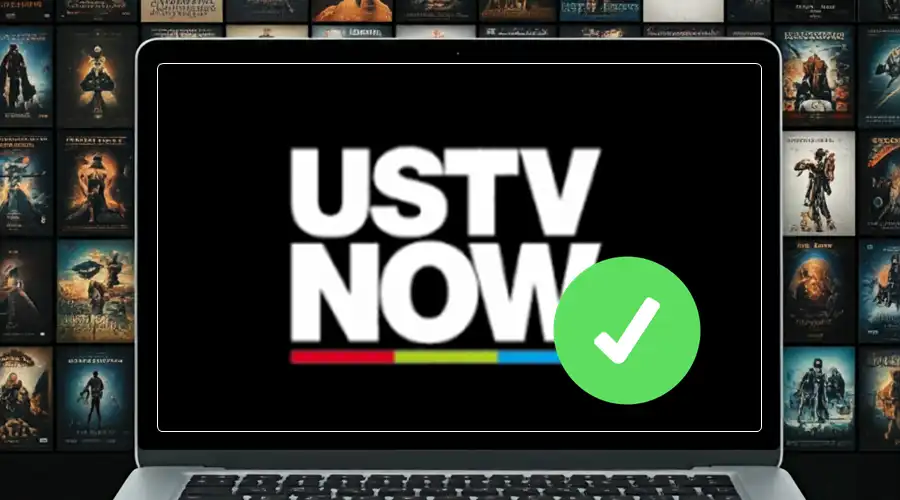

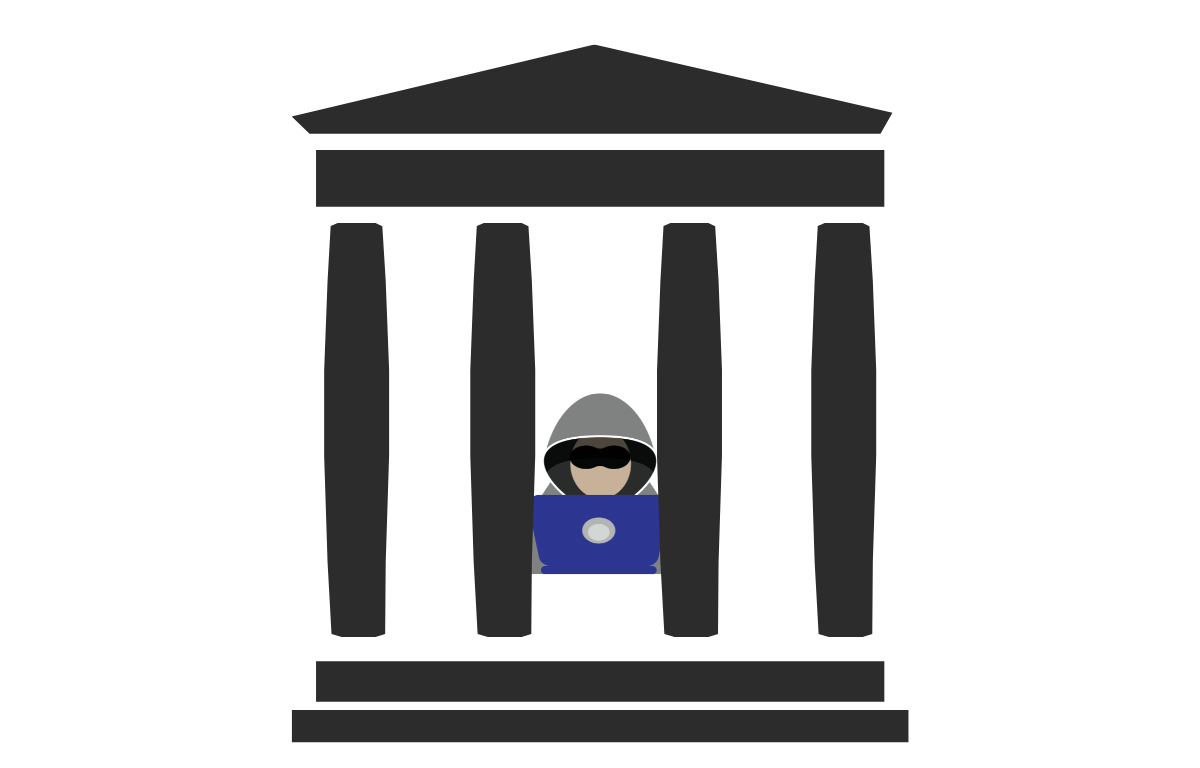
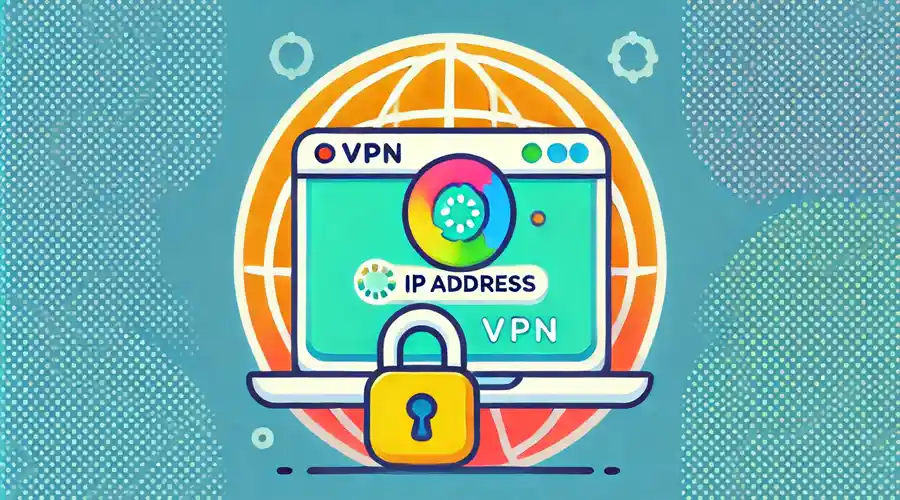
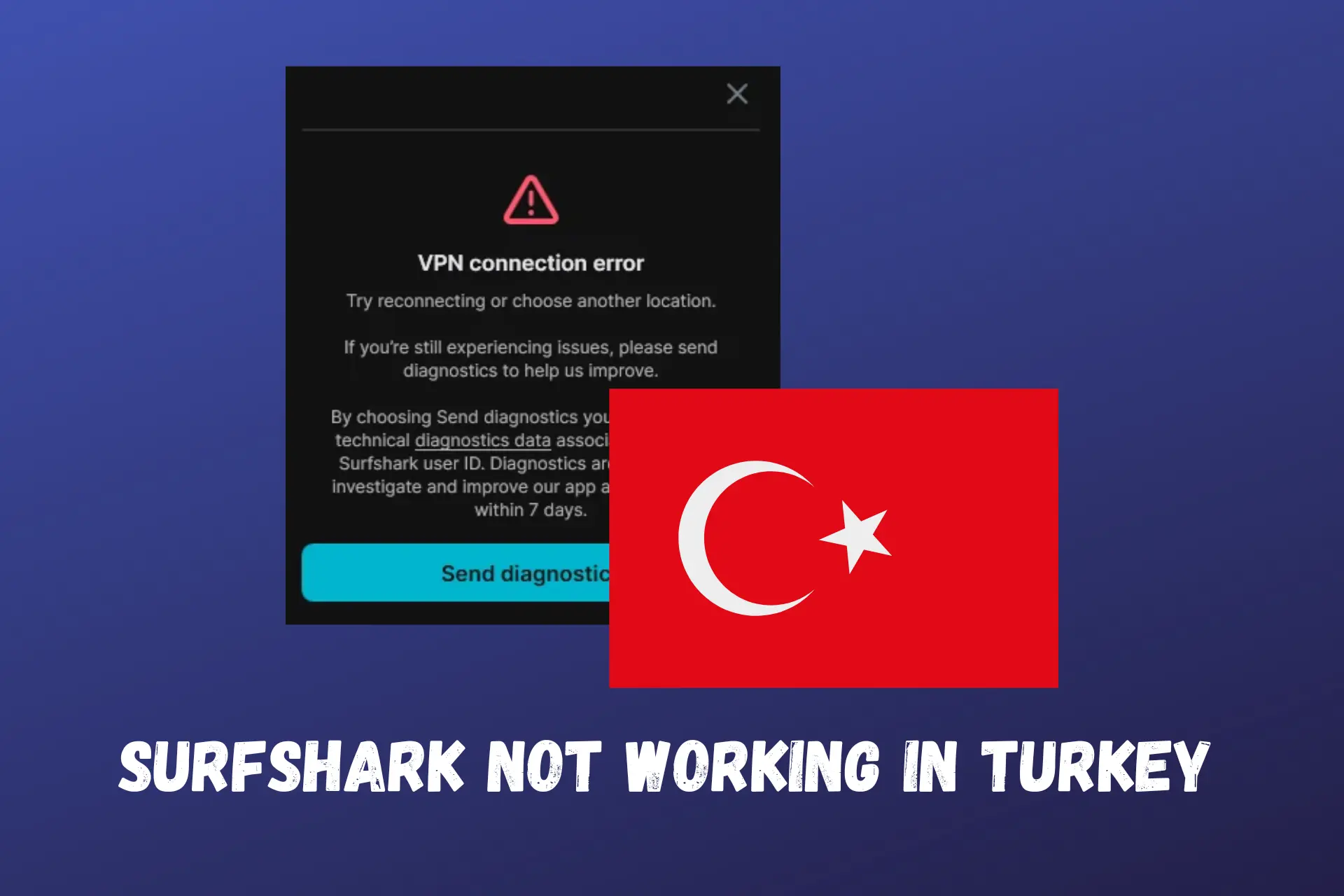
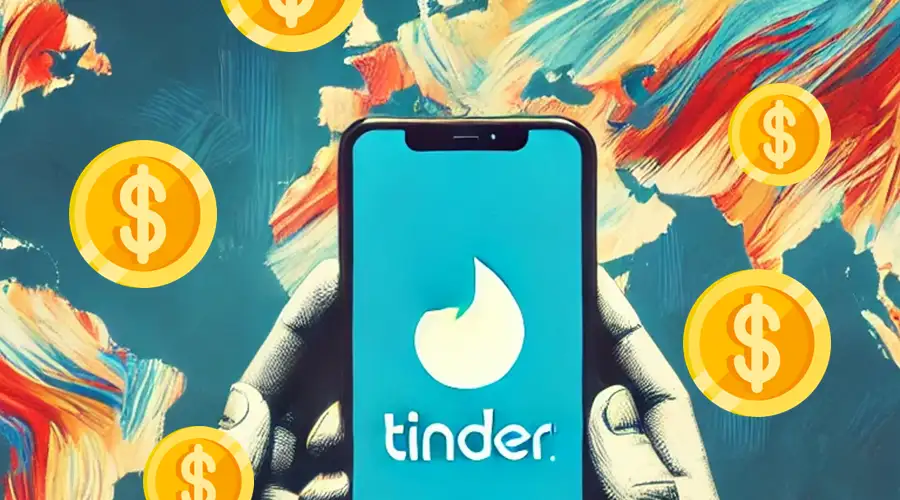


User forum
0 messages